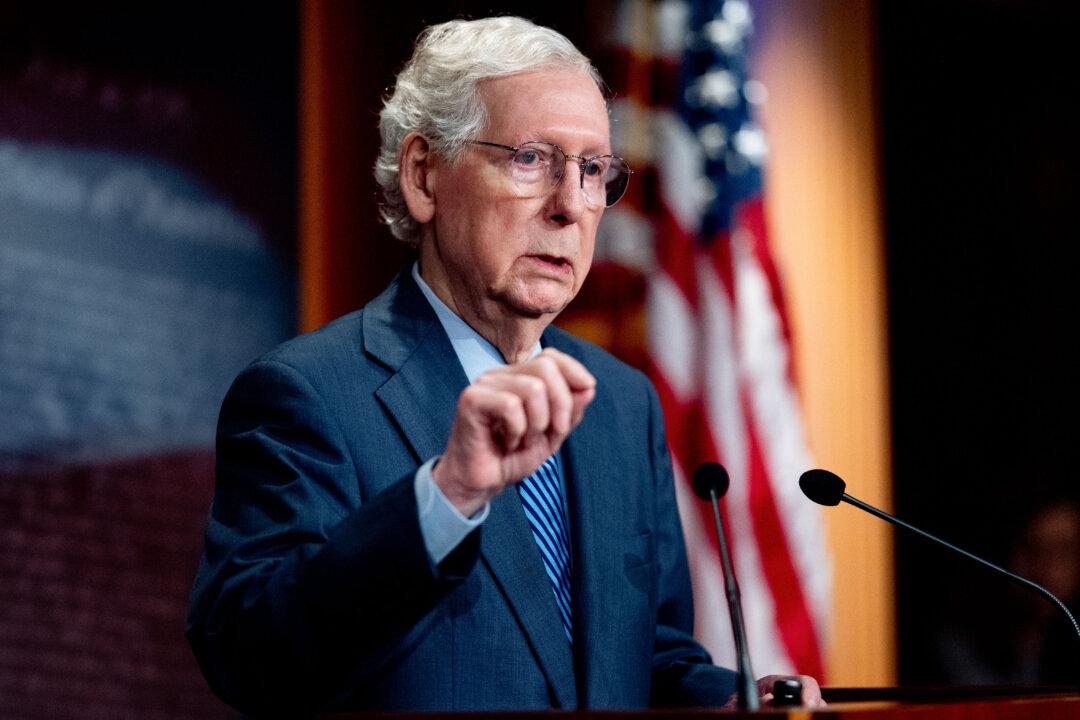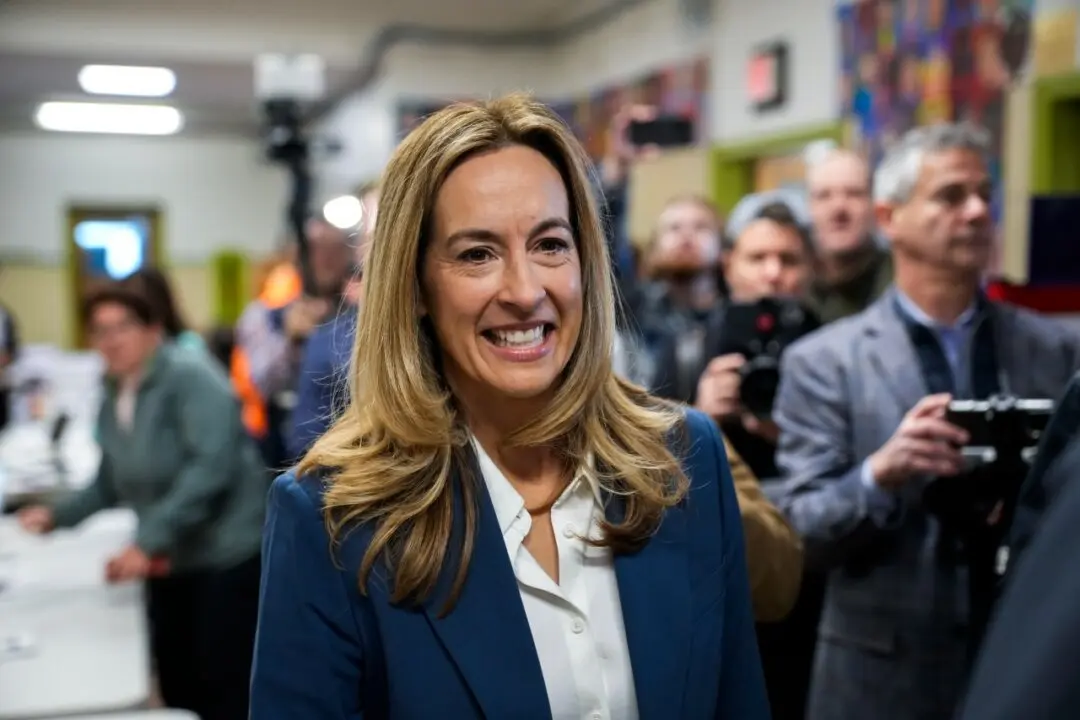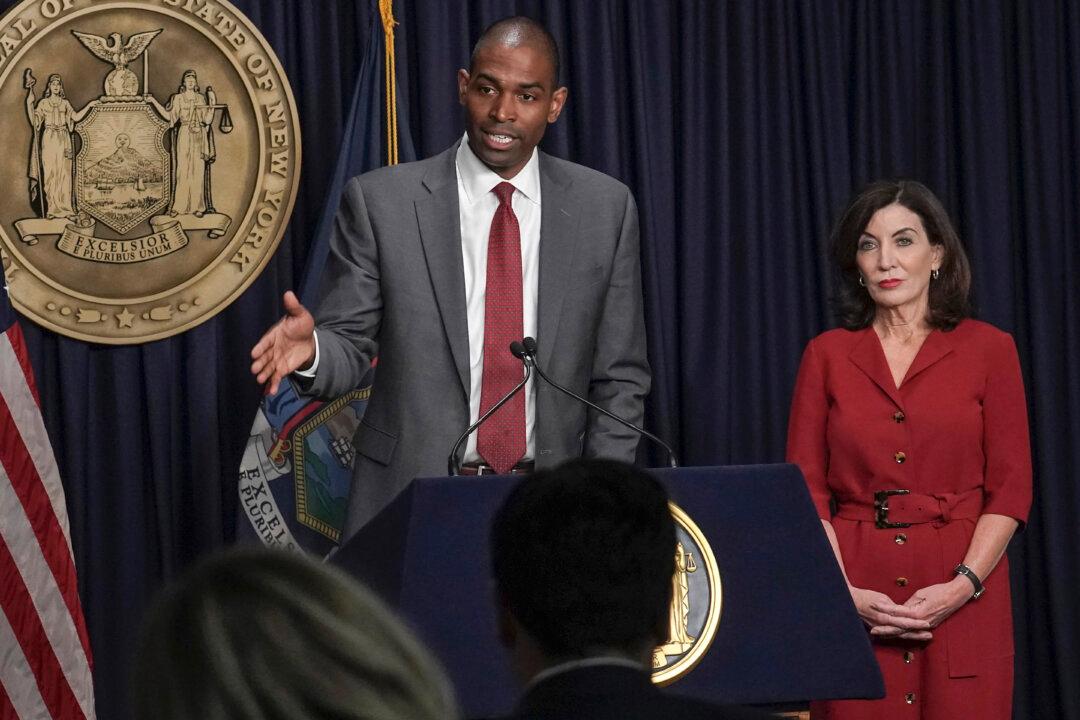WASHINGTON—Having retired as leader of the Republican Conference in 2024 after 18 years in the role, Sen. Mitch McConnell (R-Ky.) has emerged as Trump’s biggest Republican detractor in the Senate.
On key votes to grant advice and consent to Trump’s cabinet nominees, as the Constitution requires of the Senate, McConnell has been a consistent Republican vote against several of them. Most recently, he voted against the nominations of Secretary of Health and Human Services Robert F. Kennedy, Jr., Director of National Intelligence Tulsi Gabbard, and Secretary of Defense Peter Hegseth. In the latter case, Sens. Susan Collins (R-Maine) and Lisa Murkowski (R-Alaska) joined in opposition, prompting Vice President JD Vance to cast a tie-breaking vote in favor.





